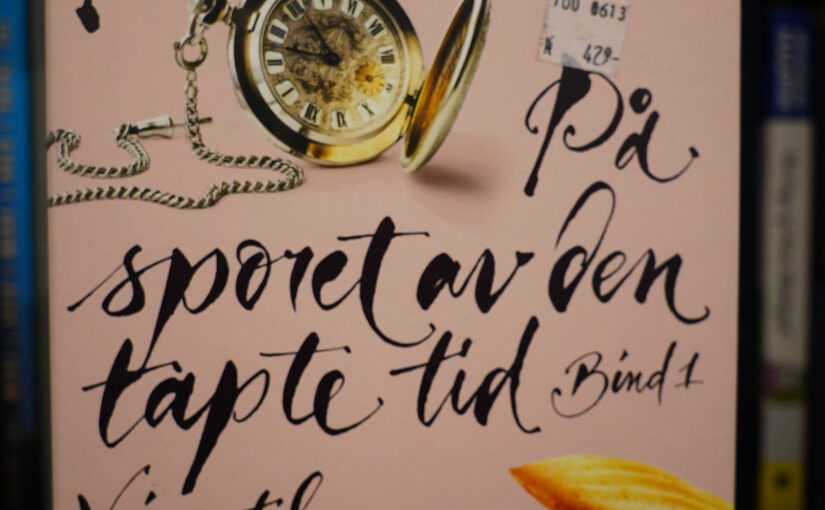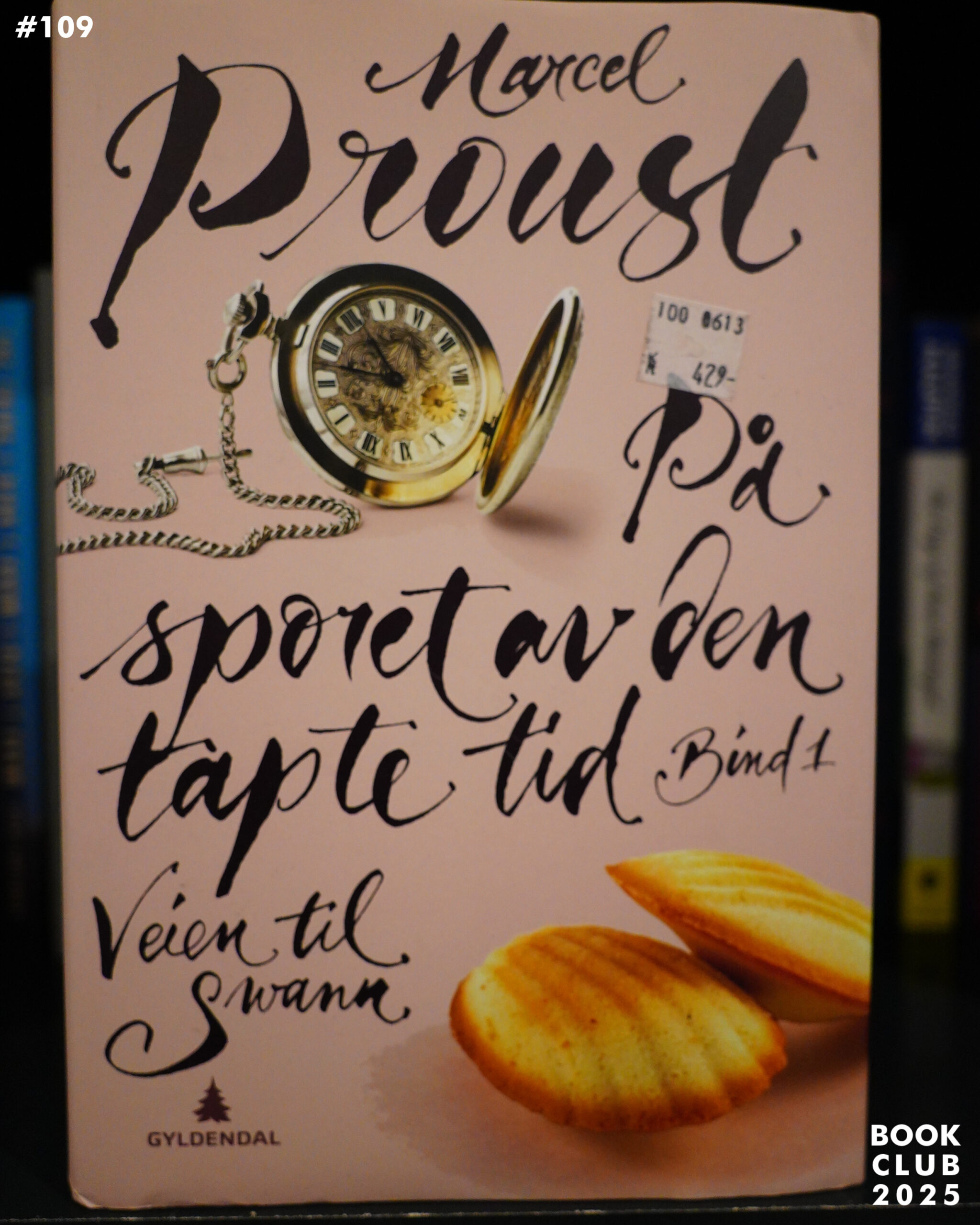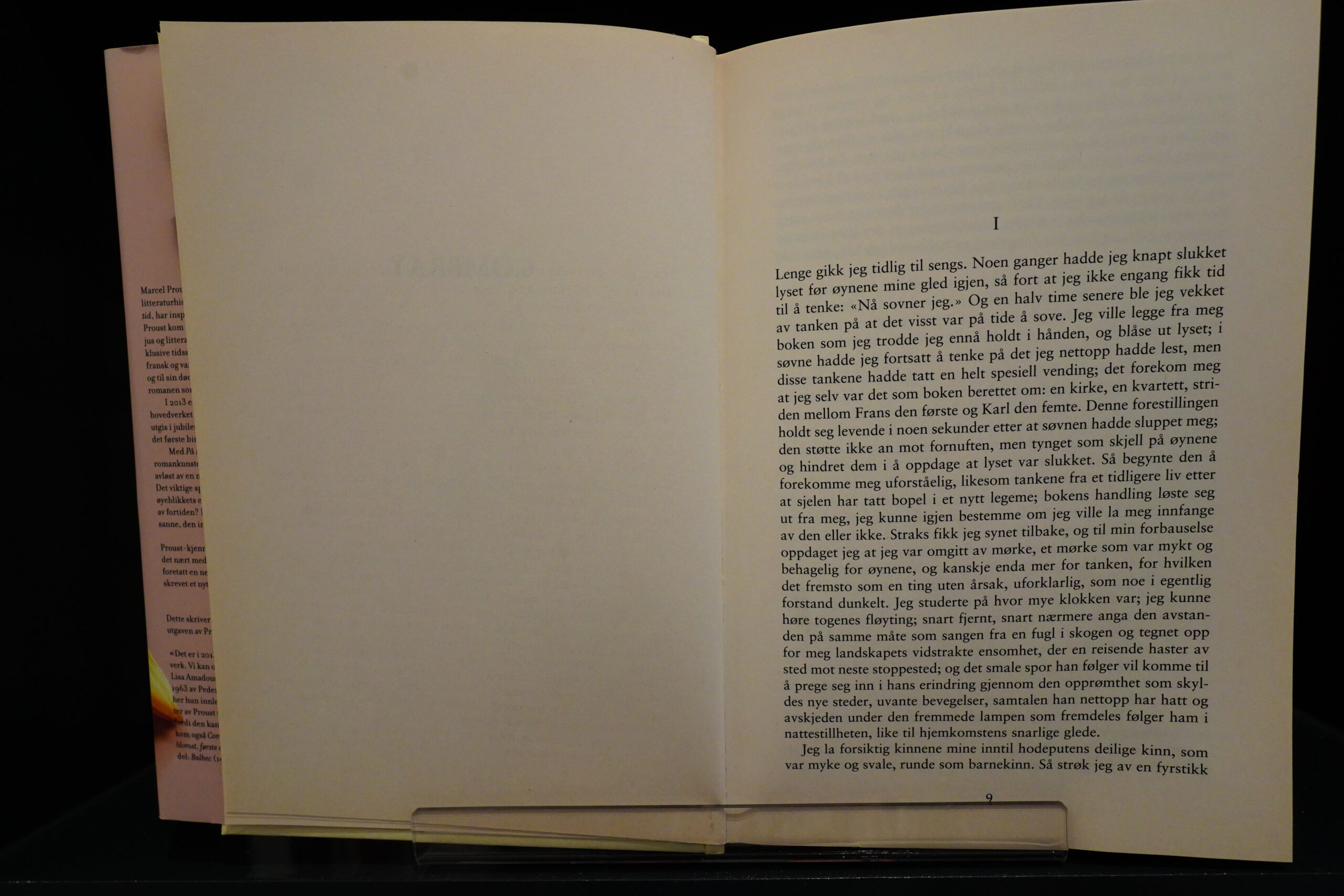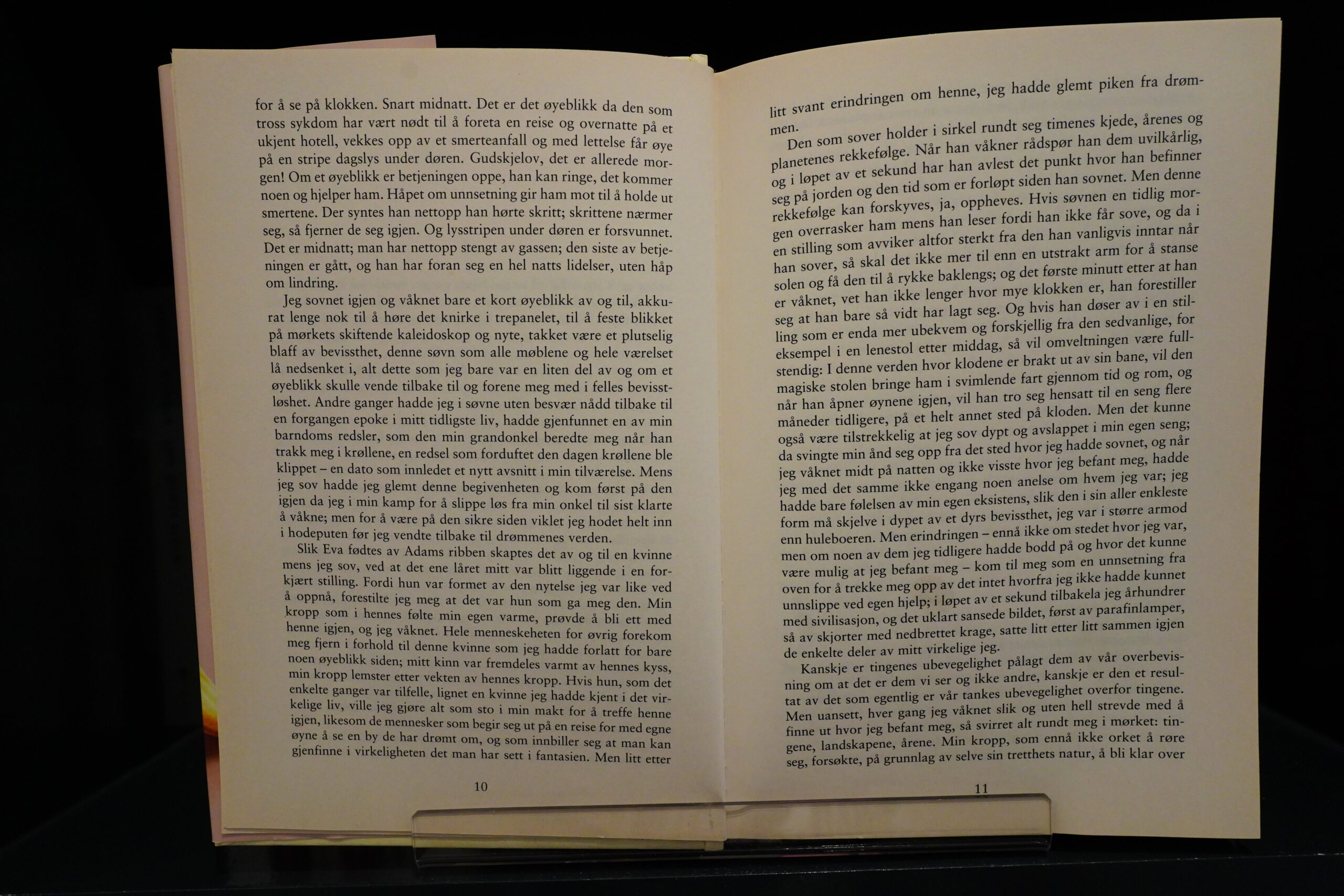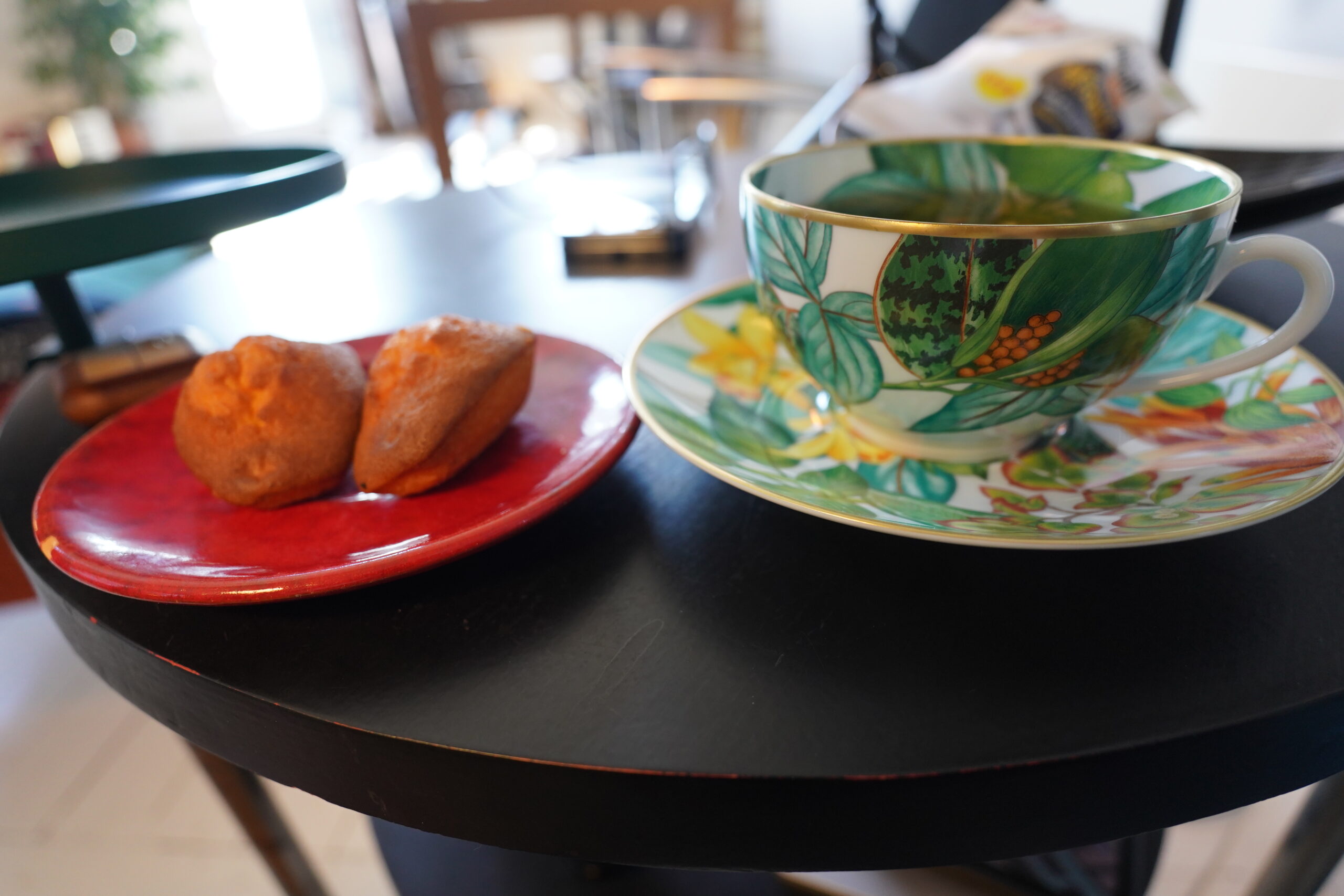It’s a funny phenomenon — classics. If you look at lists of movie classics — sure, lots of them are really good, but often when I watch them, I go “well, that’s a bit naff, ain’t it?” But they seem to be still present in the public’s eye because they’re films that film students keep being shown because they’re, say “this is the first movie where the camera did a 95 degree turn! Amazing!” So budding directors have them as influences and keep mentioning them when it’s time to make the canon.
It’s even worse with comics — you find people extolling old, minor works because they desperately want to have a more respectable history for comics than what history had, so you get a 1903 newspaper strip being hailed as genius (because it was the first that had 💦 to express anxiety). And you read it, and it’s totally unreadable pap.
This is not the case, I find, with literature. You see a classic being extolled (say, Between the Acts, or Ulysses, or The Autobiography of Alice B. Toklas, or V), and you read it, and you go “wow! this is totes spiffy!”
And indeed, this book is pretty spiffy. I really enjoyed the first part — which is all about rolling ones eyes at how one behaved as a child — but in a very friendly and sympathetic way. I read that part with a constant smile glued to my face — it’s funny and very well-observed. The second part, though — which is about Swann being in love — was a chore to get through. I don’t know anything about this book or Proust, but reading this, I got the feeling that the Swann part was about Proust being exasperated at his own behaviour. It’s page after page after page of Swann mooning about a woman that seems to have no character to speak of. And then there’s a third part which is a sort of return to the style of the first — and then there’s a surprising twist ending!!!
(I particularly enjoyed the bit about bobbing your head to music, but then deciding to not follow the rhythm just to demonstrate how unique you are. Proust has a black belt in snark.)
I liked the book, but it took me a while to get through. It’s just (or “just”) 400 pages, but the way it’s written, it reads like a book of twice that length.
And now I’m gonna google the book, because I’m curious whether the “Swann in love” bit was autobiographical.
Huh:
A third-person novella within Du côté de chez Swann, “Un Amour de Swann” is sometimes published as a volume by itself. As it forms the self-contained story of Charles Swann’s love affair with Odette de Crécy and is relatively short, it is generally considered a good introduction to the work and is often a set text in French schools.
Poor French school children!
But, nope, doesn’t seem like people consider Swann to be an authorial stand-in — I thought it natural that if you’re that exasperated by a character in a novel you’re writing, it had to be based on personal experiences…
And yes of course I ate madeleines and drank linden blossom tea while reading this book, so that in the future, every time I smell a madeleine, I’ll be reminded of how it was to read this book. I think it’s the law?
På sporet av den tapte tid bind 1: Veien til Swann (1913) by Marcel Proust (buy new, buy used, 4.16 on Goodreads)
